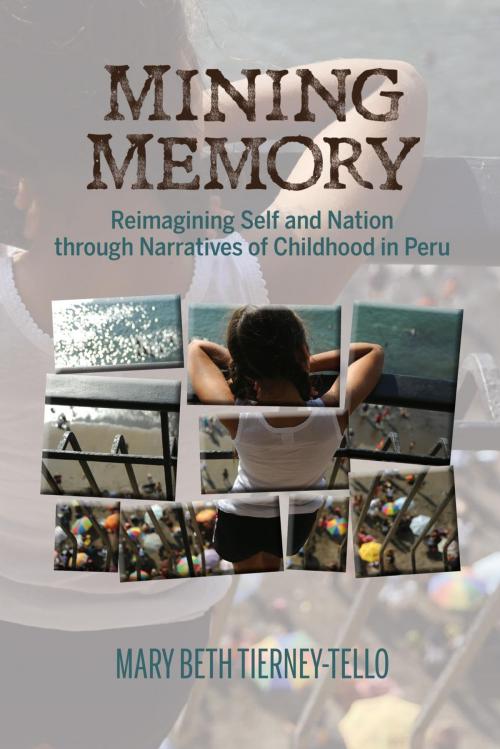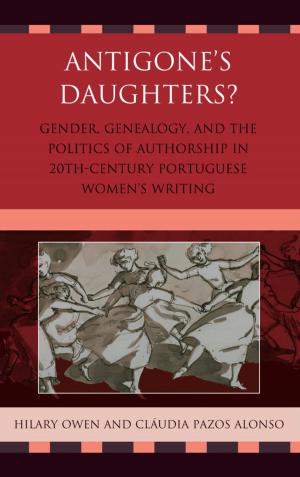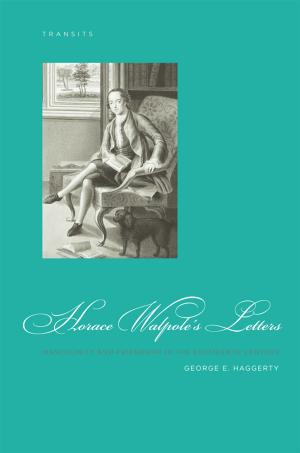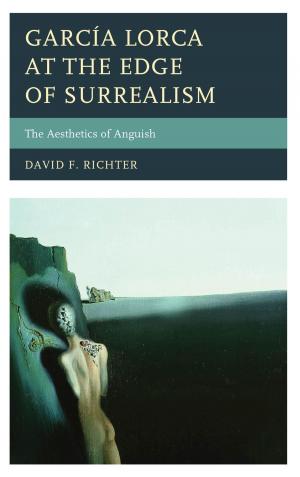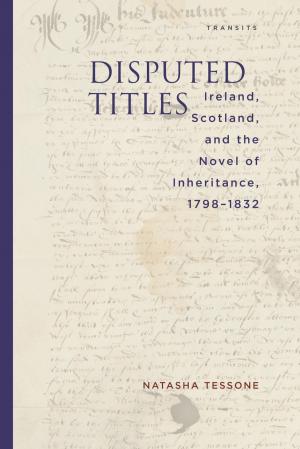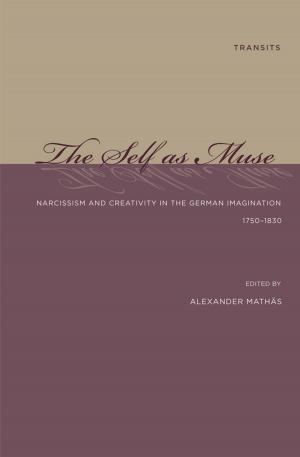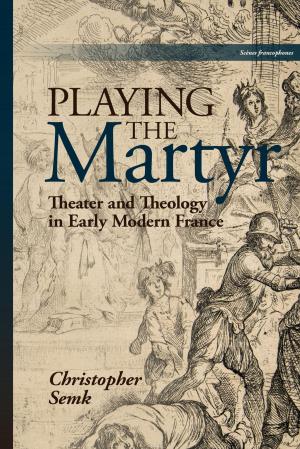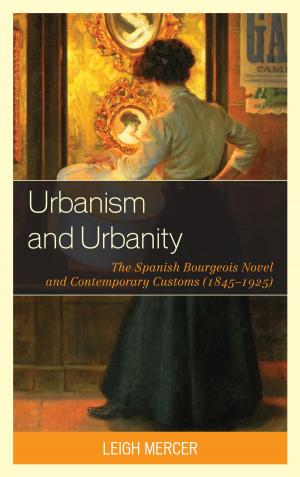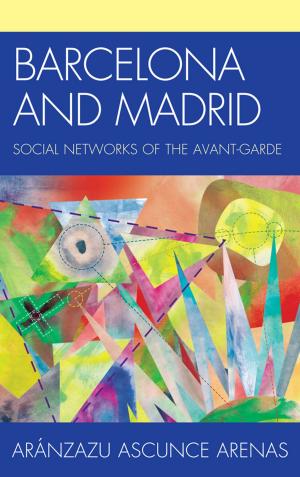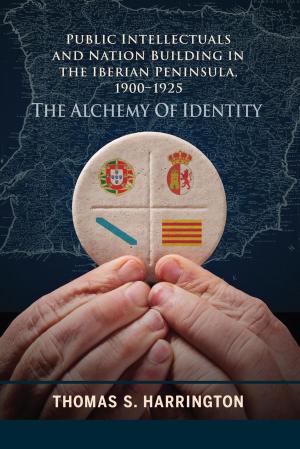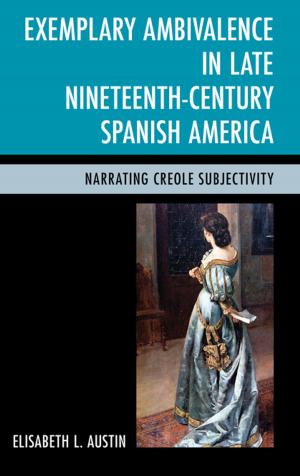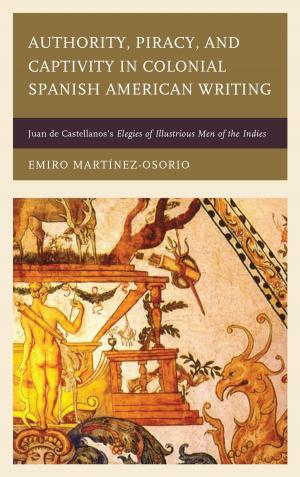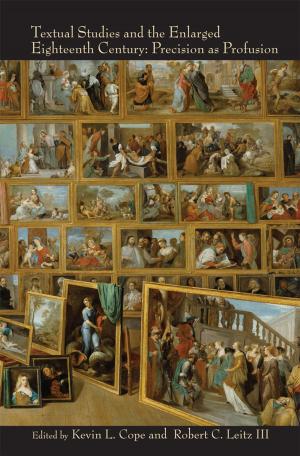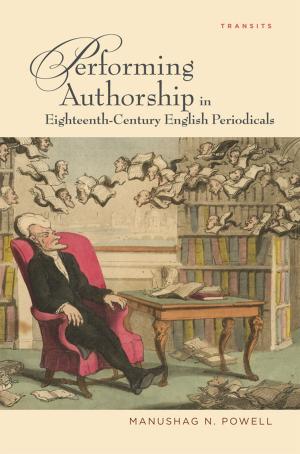Mining Memory
Reimagining Self and Nation through Narratives of Childhood in Peru
Fiction & Literature, Literary Theory & Criticism, Central & South American| Author: | Mary Beth Tierney-Tello | ISBN: | 9781611487749 |
| Publisher: | Bucknell University Press | Publication: | January 23, 2017 |
| Imprint: | Bucknell University Press | Language: | English |
| Author: | Mary Beth Tierney-Tello |
| ISBN: | 9781611487749 |
| Publisher: | Bucknell University Press |
| Publication: | January 23, 2017 |
| Imprint: | Bucknell University Press |
| Language: | English |
Every major Peruvian author of the twentieth century has written a narrative focused on childhood or coming of age. Mining Memory argues that Peruvian narratives of the twentieth century re-imagine childhood not only to document personal pasts, but also to focus on national identity as a dynamic and incomplete process. Mining Memory shows how 20th-century narratives and films reimagine the self and the nation by representing child and adolescent protagonists and their evolution, using the remembrance of childhood as part of a nation-making project. The book demonstrates how, in the context of Peru, fictions focusing on childhood become vehicles for the national reimagining and collective remembering central to much of Latin American literature.
The figure of the child, as emblem of both a collective memory and an always deferred utopian project, holds special promise for twentieth-century Peruvian writers as they write from a national context rife with cultural, racial and political conflict. The book intervenes in debates internal to Peruvian cultural studies as well as wider conversations in Latin American Studies and post-colonial studies. Mining Memory provides a new understanding to both the Latin American and Anglo-American traditions regarding the representations of national subjectivities through the voices of the child and adolescent. Such a representational strategy performs a very particular kind of hybridity and temporal balancing act capable of addressing the very issues of cultural memory and fractured identities so relevant to multi-cultural, post-colonial cultural contexts.
Every major Peruvian author of the twentieth century has written a narrative focused on childhood or coming of age. Mining Memory argues that Peruvian narratives of the twentieth century re-imagine childhood not only to document personal pasts, but also to focus on national identity as a dynamic and incomplete process. Mining Memory shows how 20th-century narratives and films reimagine the self and the nation by representing child and adolescent protagonists and their evolution, using the remembrance of childhood as part of a nation-making project. The book demonstrates how, in the context of Peru, fictions focusing on childhood become vehicles for the national reimagining and collective remembering central to much of Latin American literature.
The figure of the child, as emblem of both a collective memory and an always deferred utopian project, holds special promise for twentieth-century Peruvian writers as they write from a national context rife with cultural, racial and political conflict. The book intervenes in debates internal to Peruvian cultural studies as well as wider conversations in Latin American Studies and post-colonial studies. Mining Memory provides a new understanding to both the Latin American and Anglo-American traditions regarding the representations of national subjectivities through the voices of the child and adolescent. Such a representational strategy performs a very particular kind of hybridity and temporal balancing act capable of addressing the very issues of cultural memory and fractured identities so relevant to multi-cultural, post-colonial cultural contexts.
